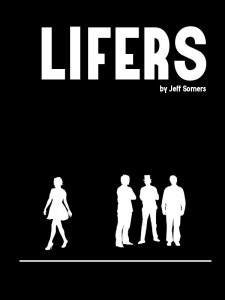Ancient Book Reviews Part Two
Not too long ago I wrote about Lyndon Hardy’s “Five Magics” series with the intention of regularly returning to my ancient bookshelves to contemplate treasured cheap paperbacks from my youth. And then of course forgot all about it. Until today! Today for reasons beyond my ken I was moved to consider one of the most obscure books I’ve ever read, and one that I will frankly admit I do not remember at all: Dennis McCarty’s Flight to Thlassa Mey, published by Del Rey in 1986 and on my shelves ever since.
I remember nothing about this book, or the two sequels I also own.
This is what fascinates me about my book collection, these books I can’t remember. Dennis McCarty sold this book, no doubt promoted it, and published sequels and at least one other book I can identify – and yet no one remembers him or this book. Sure, someone does, but collectively he’s been burned out of the pattern. Since I always worry this will be my own fate, I’m drawn back to these obscure books.
And yet, nothing, literally nothing remains in my memory about this book. Sure, I read it 30 years ago and never again since – but you’d think something would remain, right? There are books on my shelves with similar stories – bought three decades ago by a younger man, read once, carted around the country ever since – but I recall at least a few slivers of detail and plot from them.
Flight to Thlassa Mey: Nothing.
The scant information on the Internet doesn’t help much; the book was a fairly standard fantasy from the 1980s (one glance at the cover tells you as much) and it was a time in my life when I was reading three books a week, just burning through cheap paperbacks like there was no tomorrow. I probably read this in three days and was on to the next thing immediately afterwards, all of its story elements lost in a swirl of swords and wizards and (based on the cover) princesses wearing ridiculous head gear.
But it is precisely this lack of information and memory that now fascinates me. Sure, I could read this again and maybe I should, but what really grabs me about this is the complete obscurity of it all. Try to find out something about the author or his books: I dare you. And that of course drives me to pour approximately six fingers of whiskey into a paper cup and slam it down, forgetting that I had just done that a few moments ago, and now here I am finishing this post from the hospital. Again.
Certainly the odds are good that I’ll be this guy in 20 years. While I’ve sold a few books and made a little money (and published more novels – 9 in October than most), I haven’t made any lasting cultural impact and don’t pretend that I have. If I stopped writing today, slowly I’d just sink beneath the waves of history, which will likely happen even if I continue to publish – there are books and authors that were best sellers in their day that are now totally forgotten, after all.
So, for a book review, this was shit. I can’t remember a thing about the book. You have learned nothing concerning whether or not you should read this book aside from the fact that no one remembers it which I guess is actually a pretty useful piece of data so this was, in fact, a great review and you are welcome.

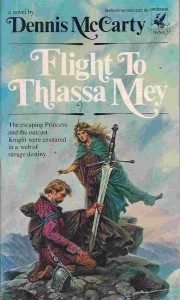
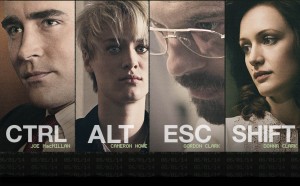

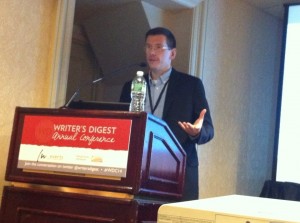
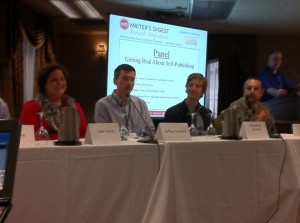
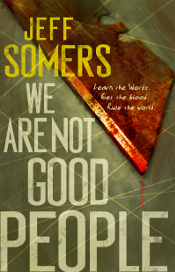
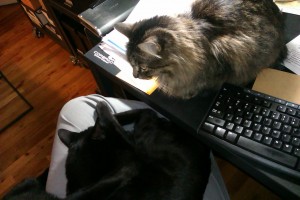
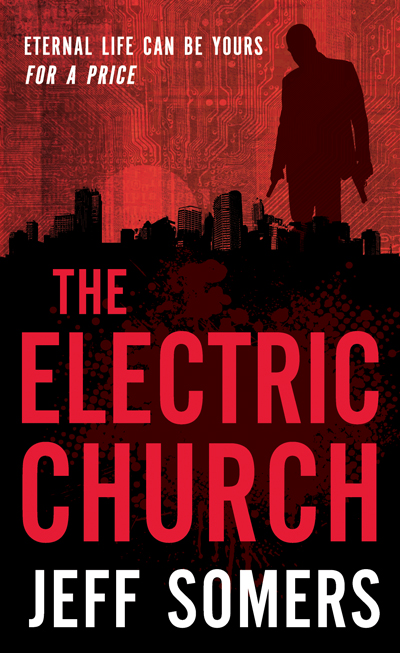 Right, we all know the drill now, right? I’m giving a plot seminar at The Writer’s Digest Annual Conference (
Right, we all know the drill now, right? I’m giving a plot seminar at The Writer’s Digest Annual Conference (
